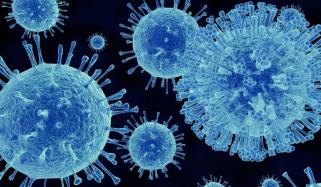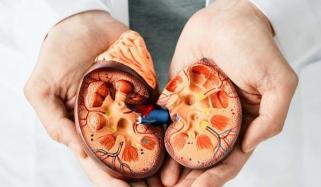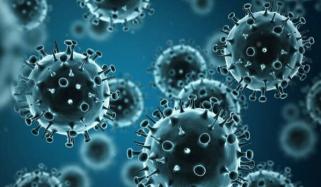
Many studies revealed that tiny particles of microplastics are entering our bodies in alarming amounts.
They are present in various places such as the air, water, food and everyday products like cosmetics and clothing.
Because of their widespread presence, these tiny plastics have been found in different parts of the human body, including saliva, liver, blood, kidney and even the placenta.
When they enter blood vessels, they are associated with higher risk of heart attacks, strokes and in extreme cases, death.
They can also lead to inflammation, cell damage, and negatively impact organs like the lungs and liver.
Microplastics are not only harmful to humans, but they can also pose serious health risk to animals and marine life.
Microplastics are more widespread than most people realize. There are specific places in your kitchen where microplastics could be hidden.
Non-stick cookware:
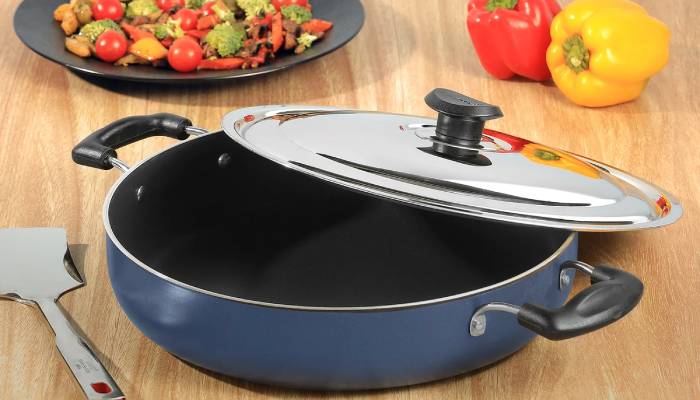
Several studies suggest that plastics and non-stick cookware release microplastics into food when used for cooking and even a small crack in the cookware can result in exposure to millions of these particles.
Replacement:
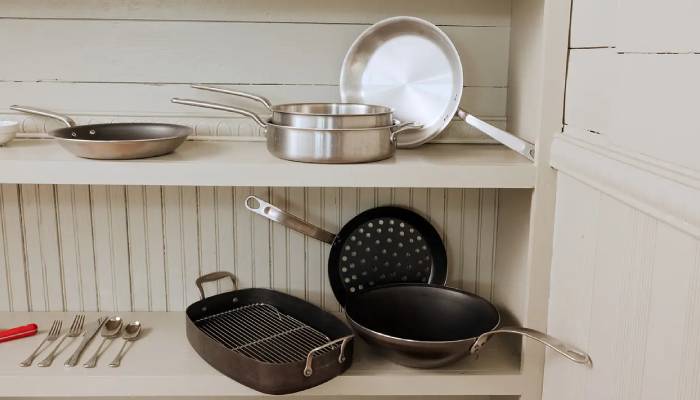
Using cookware made of materials like stainless steel or cast iron can be a great way to avoid exposure to microplastics.
Plastic food containers:
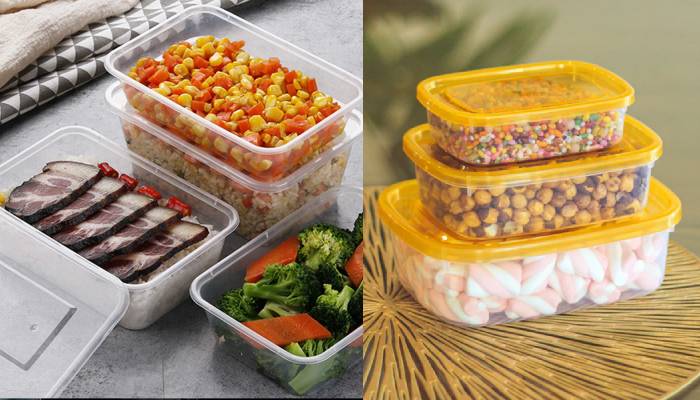
Many food services use plastic containers that can release microplastics into your food when they are heated or washed.
Replacement:
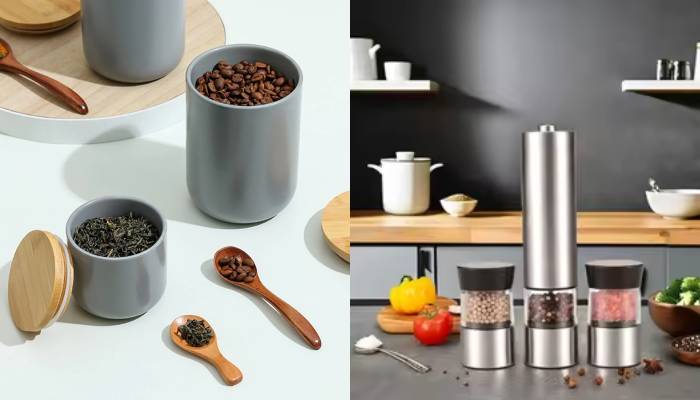
While, you can’t change the way restaurants package food, you can avoid using plastic containers by replacing them with ceramic or stainless steel containers at home.
Tea bags:
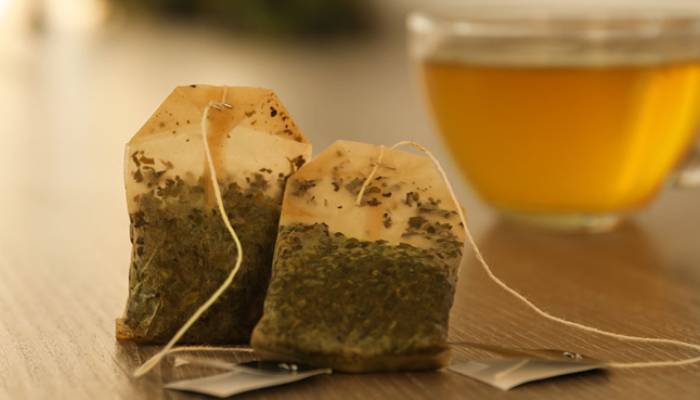
The study published in the journal Chemosphere revealed that using commercial tea bags might release billions of tiny particles called nanoplastics and microplastics (MNPLs) into the tea while brewing.
Replacement:
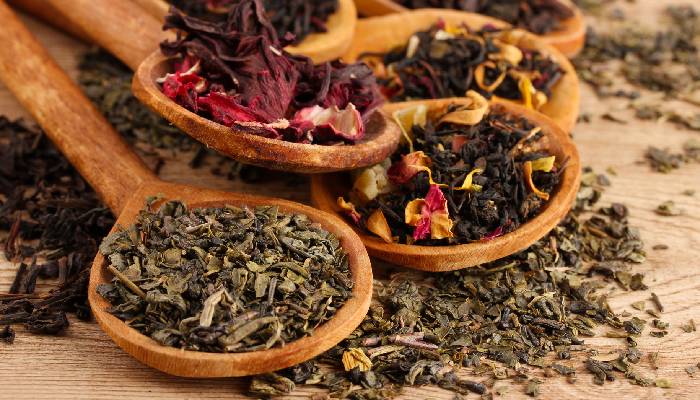
A better option is to use loose tea leaves that can be used with a stainless steel strainer or infuser.
Plastic utensils:
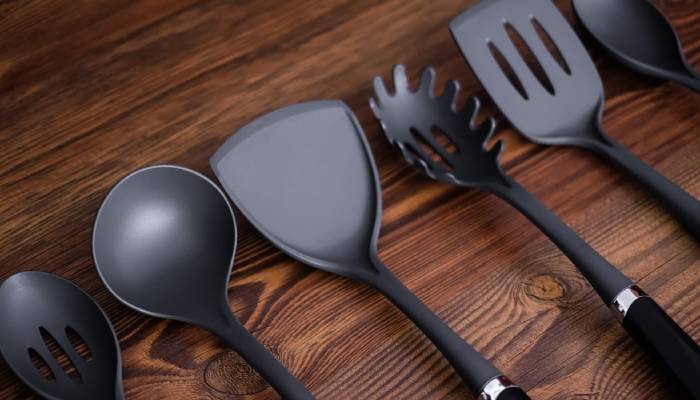
Plastic utensils can release microplastics into food especially when used with hot foods.
Replacement:
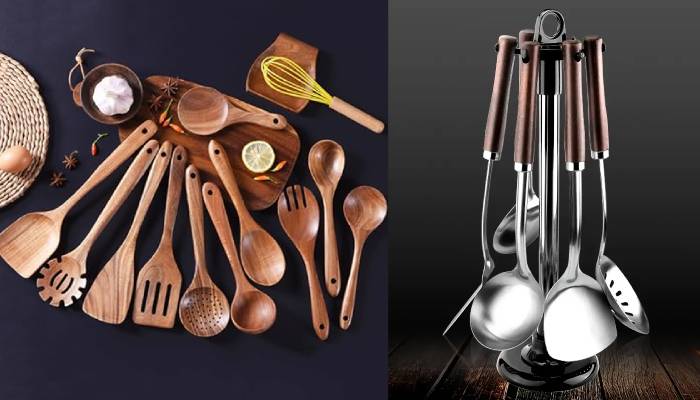
You can avoid cooking utensils by switching to alternatives like wooden or stainless steel utensils.
Plastic straws:
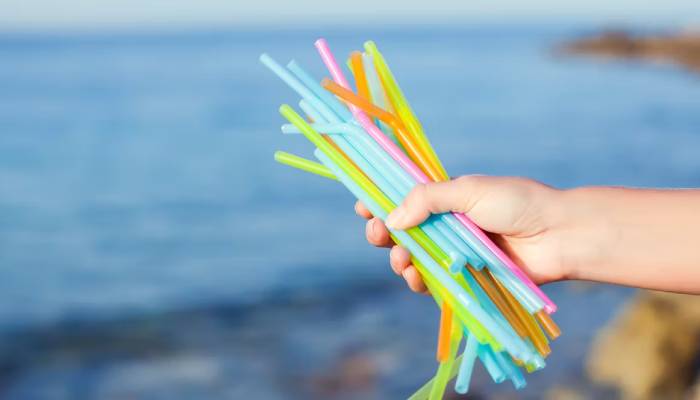
Where plastic straws are very common, these straws release microplastics and nanoplastics which have negative impacts on both the environment and human health.
Replacement:
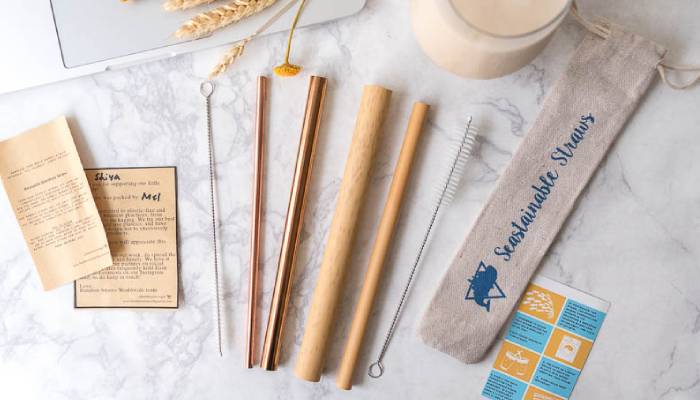
Plastic straws can be replaced by metal or bamboo straws, which can be easily washed and reused. Paper straws are also a better option than plastic straws.


